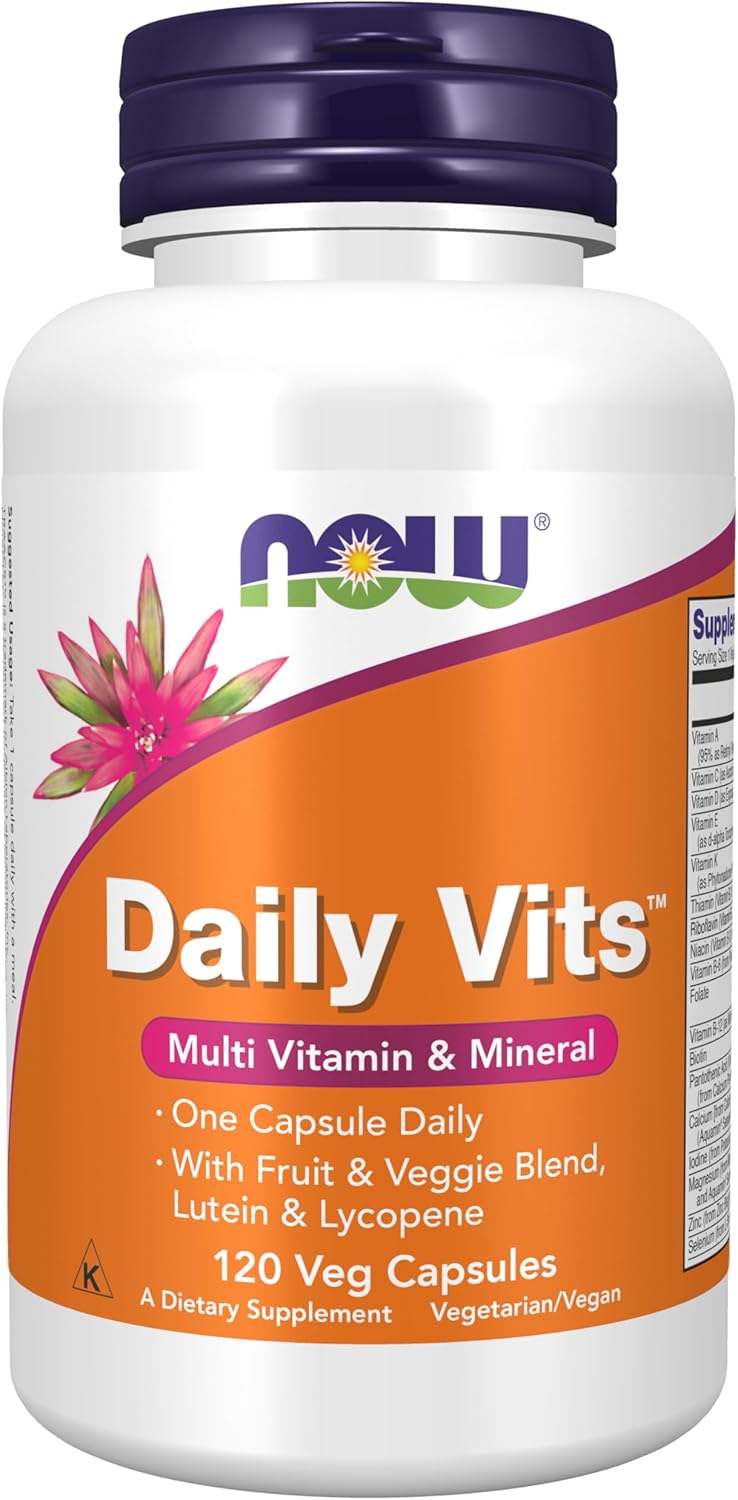Sodium Ascorbate
Sodium Ascorbate is a form of vitamin C, a water-soluble antioxidant that plays a crucial role in various bodily functions, including immune system support, collagen production, and iron absorption.
Some benefits of Sodium Ascorbate include:
- Boosts immune system.
Sodium Ascorbate supports the production of white blood cells, which helps to fight off infections and diseases, making it an essential nutrient for overall immune function. - Antioxidant properties.
Sodium Ascorbate has potent antioxidant properties, which help to protect cells from damage caused by free radicals, reducing the risk of chronic diseases such as cancer and heart disease. - Supports collagen production.
Sodium Ascorbate is necessary for the production of collagen, a protein that gives structure to skin, bones, and connective tissue, making it essential for wound healing and skin health.
Effectiveness and Risk Overview
Condition | Effectiveness | Details |
|---|---|---|
| Oxidative Stress | Sodium Ascorbate, being a form of Vitamin C, is a potent antioxidant that neutralizes free radicals, thereby reducing oxidative stress. Numerous studies have demonstrated its antioxidant properties. | |
| Antioxidant Activity | As an antioxidant, Sodium Ascorbate helps protect cells from oxidative damage, contributing to overall health and potentially reducing the risk of chronic diseases associated with oxidative stress. | |
| Common Cold | Vitamin C has been shown to reduce the severity and duration of the common cold. Sodium Ascorbate can support immune function, although the effect may vary among individuals. | |
| Iron Deficiency Anemia | Vitamin C enhances iron absorption, particularly non-heme iron. Sodium Ascorbate can help improve iron levels by facilitating its absorption in the gut. | |
| Glycation | Vitamin C can help reduce glycation, a process linked to aging and various chronic diseases. Sodium Ascorbate's antioxidant action may contribute to this effect. | |
| Gastrointestinal upset. | High doses of Sodium Ascorbate may cause gastrointestinal upset, including diarrhea, nausea, and stomach cramps, in some individuals. | |
| Kidney stone risk. | High doses of Sodium Ascorbate may increase the risk of kidney stones in individuals with a history of kidney stone formation, as it can increase oxalate levels in the urine. |
